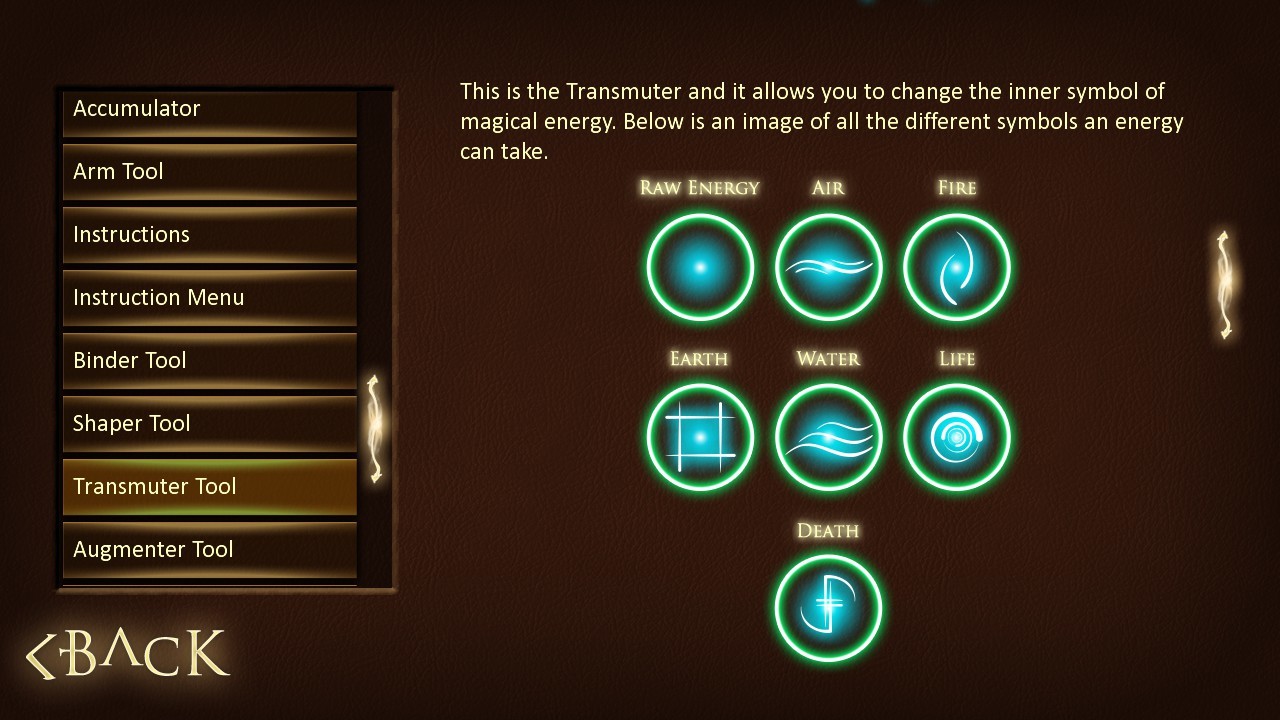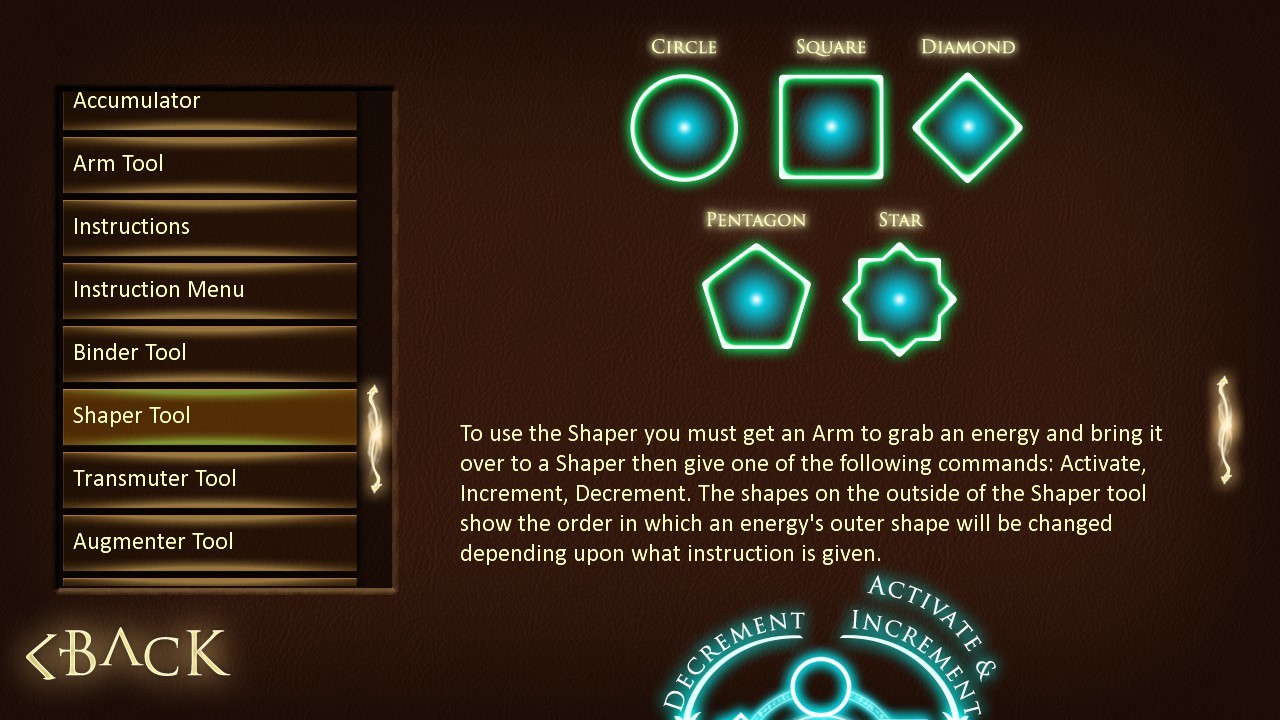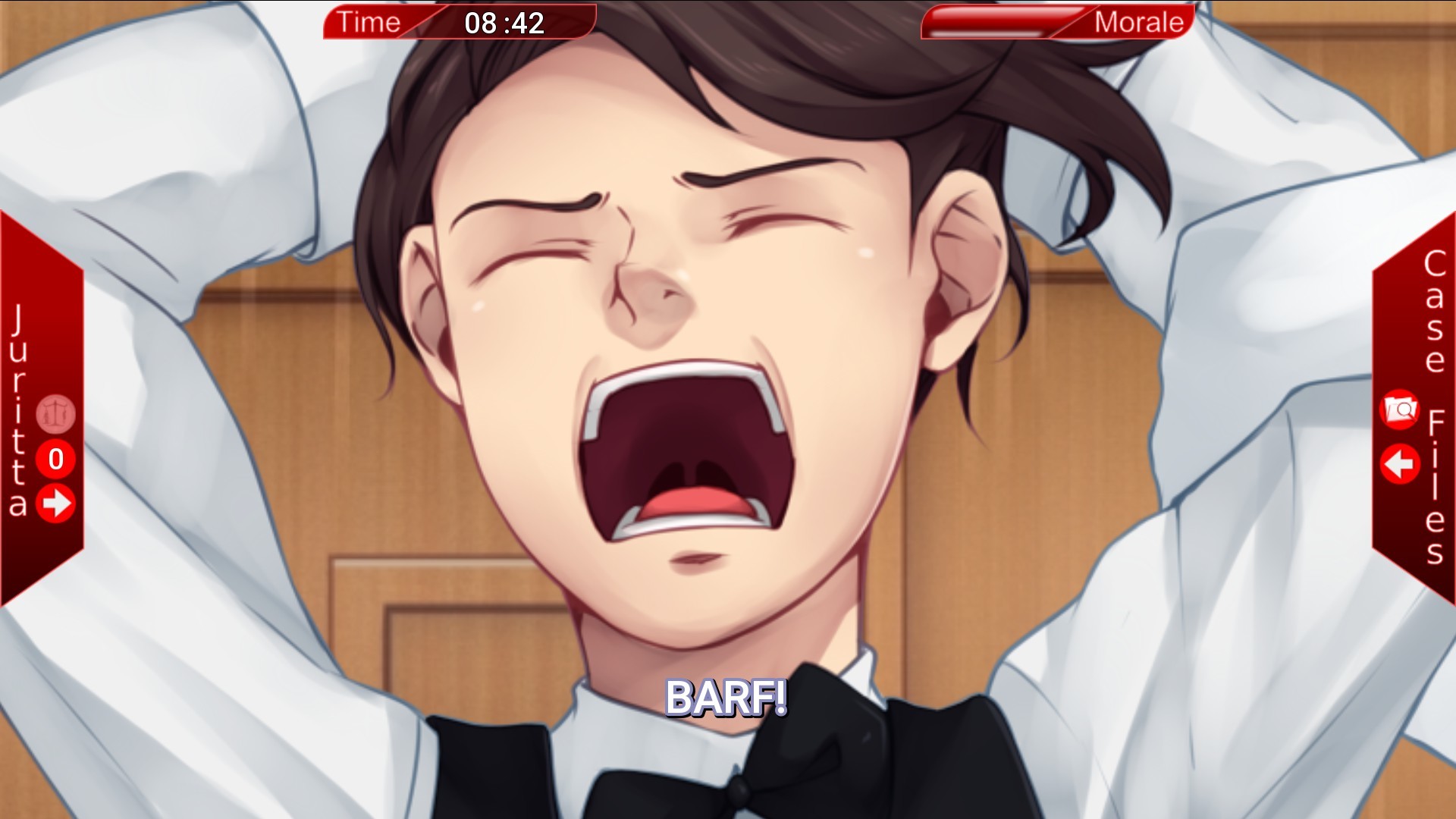Like Ōkami HD before it, the new Shadow of the Colossus excellently recaptures both the magical highs and the irritating lows of the 2005 original.
It shouldn't be terribly surprising that this remake of Colossus looks and runs much better -- given that the original was such a strain on the PS2, throwing more hardware at it is certainly helpful. But this remake goes beyond higher resolutions and framerates; new art and animation techniques make it remarkably, sometimes breathtakingly beautiful. It's not as stylistically impressive as Ōkami, but still looks pretty damned good.
The introductory story sequence is rougher than I'd remembered. Not just for being obtusely mysterious, but for how long it is. I seriously don't remember Dormin droning on so much, and I think the game would have been better-served to just skip it and drop you into the world immediately.
The openness of that world was staggering, back in the 2000s, and it's a little less-so today. So many other open-world games have come and gone, and this world is so comparatively empty. It's not generally "bad" - merely unengaging - except in a few cases where directions to the next colossus are ambiguous, and you get lost in a world that has nothing else to do.
That happened to me on the 8th colossus, and even after I looked up directions from the interweb, I still couldn't find that damned cave entrance for like half an hour. As elegantly simple as this game's sword-shining navigation is, I think it could really stand to be modernized like BioShock Infinite's path-finding arrow.
And the horse is still a pain to ride. No surprise there.
But when you actually reach a colossus, the whole journey feels redeemed, and the genius of the whole game's design shows through. With some exceptions for a few unreasonably arcane colossus behaviors (which thankfully Dormin's hints tend to help with), the process of mounting and scaling and methodically taking down a colossus feels as incredible as it ever did. They're so organic in their behaviors, and yet the puzzle-like design of their weak points is so mechanically satisfying.
That said, my biggest worry about this remake was the controls, and they're still frustrating to deal with at the most inopportune moments. When a colossus is trying to shake me off its back, and my grip is failing, it isn't unreasonable for the view to shake or for my button-presses to become less effective. But it is unreasonable for my grip to get stuck on the wrong material (because my "grab" went in an unexpected direction), and for the camera to insist on showing some other part of the colossus entirely.
The challenging aspects of the game's controls are fine, but there are still some behaviors, especially with the camera, that just feel broken.
So, like the recently-facelifted Ōkami, Shadow of the Colossus remains imperfect. But its beating heart - the colossi fights - is intact, and I'm itching to stab more stone giants in their big furry heads.
Progress: Felled the 8th colossus.


